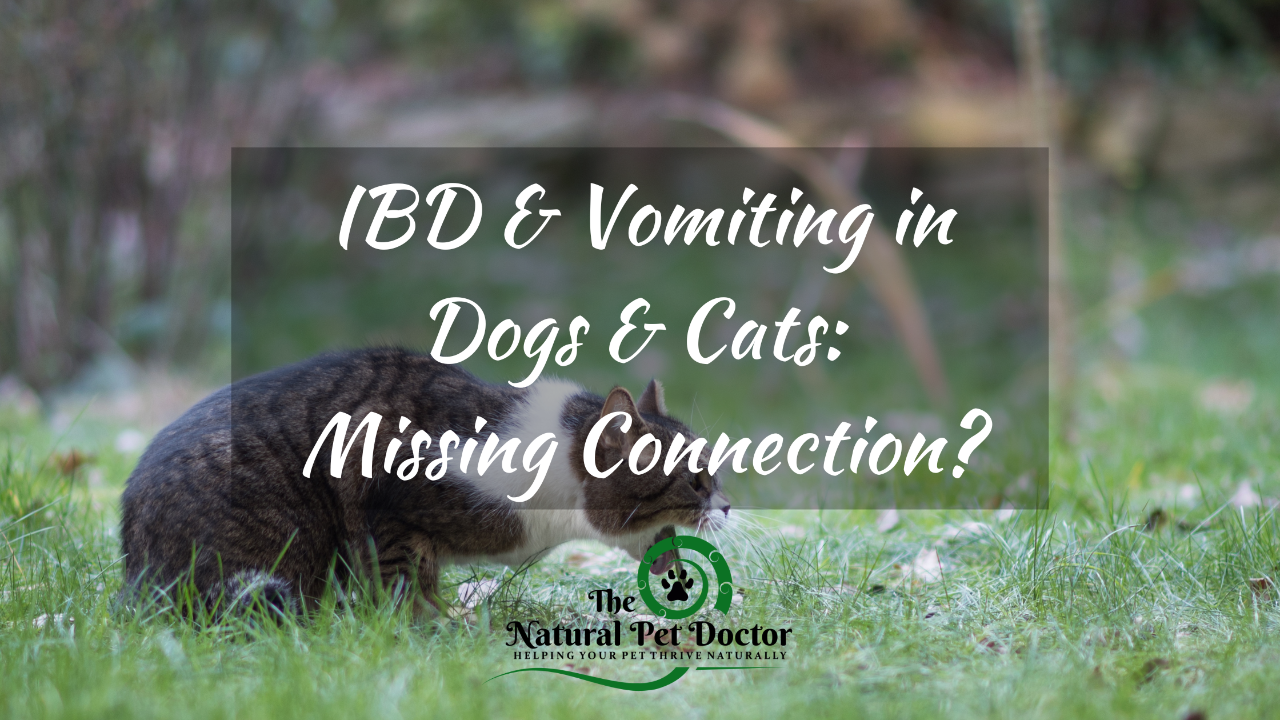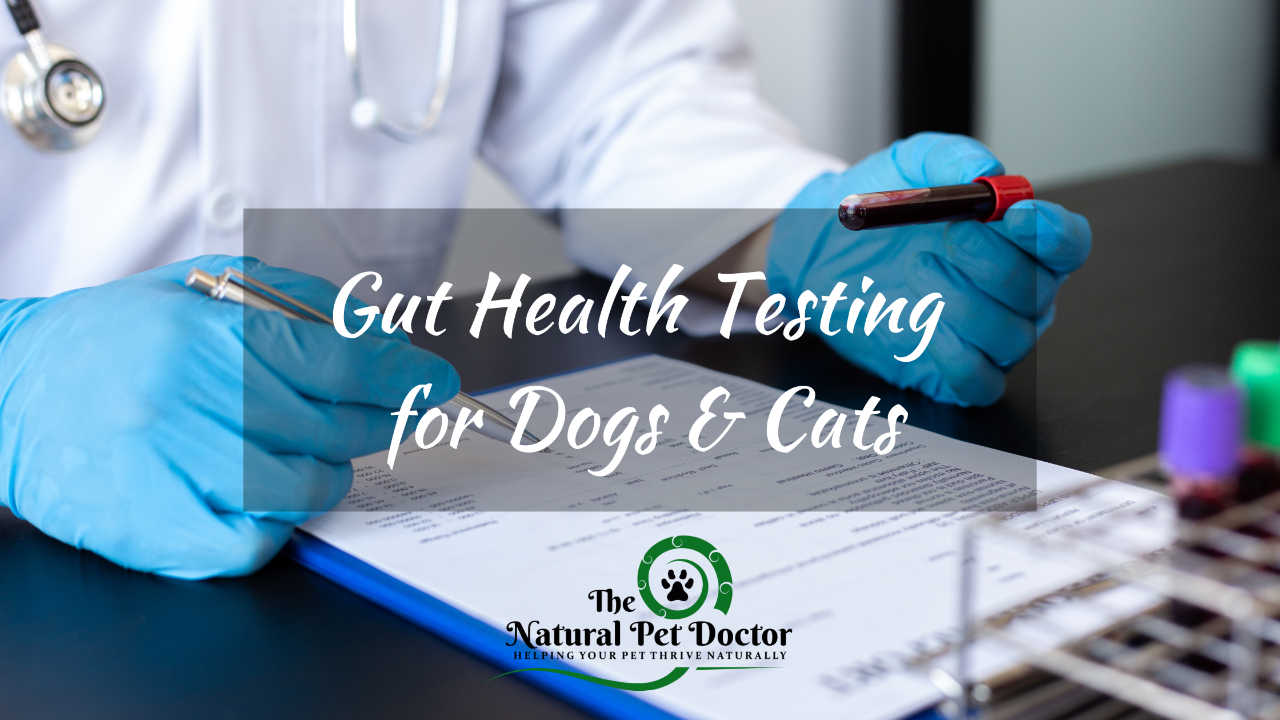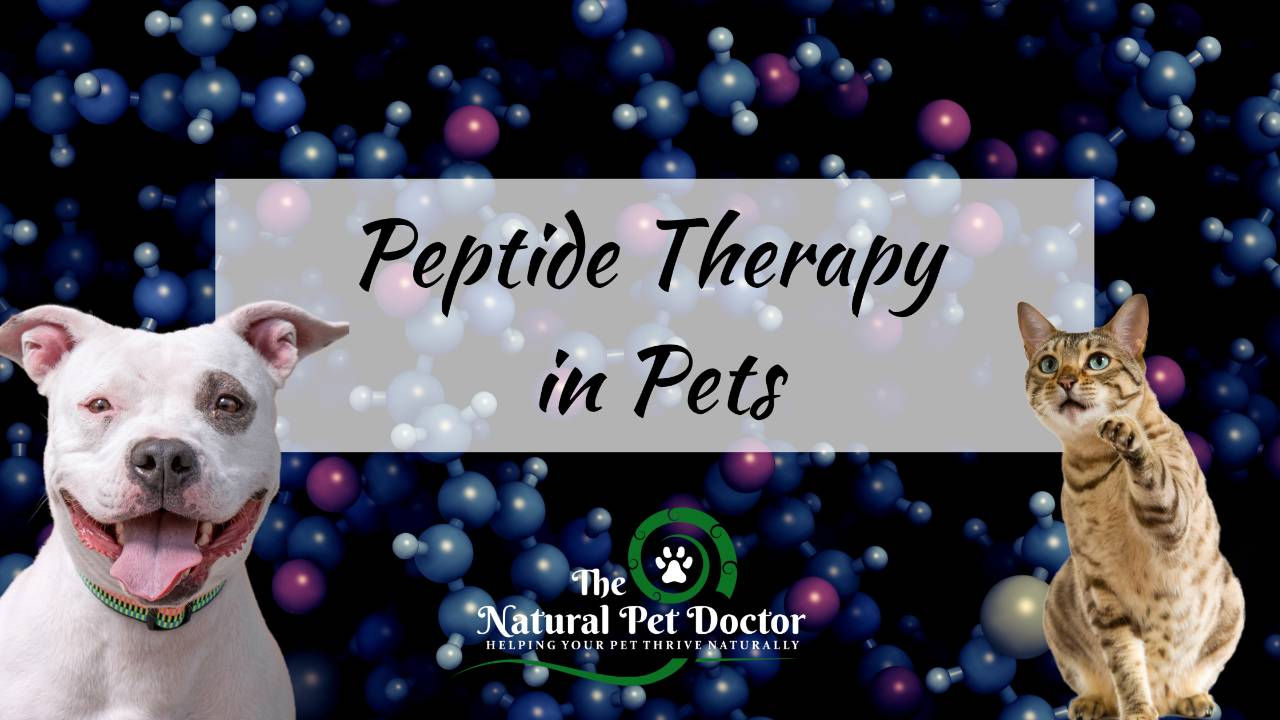NATURAL PET CARE BLOG
IBD and Bile Vomiting in Dogs and Cats: Root Causes, Testing & Natural Treatment Plan

When Nothing Is Working for Your Dog or Cat’s Gut
A holistic roadmap for IBD in dogs, chronic vomiting, bile vomiting, reflux, gallbladder sludge, and mystery gut issues — with testing + supplement dosing by weight.
If you’re here because your pet’s symptoms keep cycling and you feel exhausted, worried, and stuck — you are not alone. This guide is designed to give you a clear starting place without overwhelming you.
Quick symptom checklist: this guide is especially helpful if your pet has…
- Bile vomiting (yellow foam), especially mornings/empty stomach
- Acid reflux, lip-licking, gulping, regurgitation, eating grass
- Chronic diarrhea, soft stool, mucus, or recurring IBD flares (dogs)
- Greasy stool, gas, bloating, “food just isn’t digesting well”
- Gallbladder sludge or suspected bile flow issues
- Itching + GI symptoms together (often linked through inflammation + microbiome imbalance)
- Your pet flares when you try probiotics or new supplements
🎥 Watch the
...Stop Guessing: The Gut Health Testing Roadmap for Dogs & Cats - Holistic Vet Guide

Stop Guessing: The Gut Health Testing Roadmap for Dogs & Cats
Which tests are worth doing, what common results mean, and gentle next steps so you can stop wasting money and start getting real answers.
📋 Quick Summary (click to expand)
If you’ve been up late researching diarrhea, reflux, itching, or chronic “mystery” symptoms—testing is the fastest way to stop guessing.
In this guide, you’ll learn:
- Which gut health tests are actually worth doing
- What the results mean in simple terms
- Gentle supports I often use when markers are high or low
- Where to find trusted labs and vetted products
You don’t need every test at once. Start with the next right step for your pet’s symptoms.
Download the Free Gut Health Starter Guide
Why Gut Health Testing Matters
Two pets can have the same symptoms—diarrhea, itching, reflux, anxiety—but completely different root causes. Testing doesn’t replace food, herbs, or lifestyle changes. Testing turns the lights on so you know wh
...HTMA Testing for Pets: The Root-Cause Test That Reveals Hidden Mineral Imbalances

Understanding HTMA Testing and Why It’s a Game Changer for Your Pet’s Health
📋 Quick Summary (click to expand)
If your pet struggles with chronic itching, digestive issues, anxiety, or fatigue and nothing seems to help, HTMA (Hair Tissue Mineral Analysis) testing may hold the answers. This simple, non-invasive hair test uncovers hidden mineral imbalances, heavy metal toxicity, and stress patterns that standard bloodwork can miss.
In this article, you’ll learn:
- What HTMA testing is and how it works
- Why minerals are vital for gut, skin, and immune health
- What the test reveals about adrenal stress, detox pathways, and thyroid function
- How HTMA fits into each phase of a holistic healing plan
- Why it’s one of the most important starting points in your pet’s recovery
What Is HTMA Testing?
HTMA (Hair Tissue Mineral Analysis) measures the levels of key minerals and heavy metals stored in your pet’s hair over the past 2–
...Can Peptide Therapy Help Heal Your Pet Naturally?

Can Peptide Therapy Help Heal Your Pet Naturally?
A New Frontier in Holistic Veterinary Care
When your dog or cat is suffering, gut issues that won’t resolve, skin flares that keep coming back, joint pain, or mysterious symptoms with no clear answers, it’s overwhelming. You’ve likely tried everything: medications, supplements, diet changes, even energy healing.
But what if your pet’s body is simply missing the right signals to heal?
That’s where peptide therapy comes in - a science-backed, body-friendly approach to helping pets recover at the cellular level.
🧬 What Are Peptides And Why Do They Matter for Your Pet?
Peptides are short chains of amino acids; tiny messengers that communicate with your pet’s body on a deep, molecular level. They tell the body to:
- Repair damaged tissue
- Balance inflammation
- Regenerate the gut lining
- Support immune function
- Stimulate collagen and wound healing
- Improve brain and nerve function
They’re natural, bioavailable, and body-identical...
How To Support Your Pet During a Flare - Vomiting in Dogs & Cats

Flare Tactics: Vomiting in Dogs and Cats
Vomiting is one of the most stressful flare-ups for pet parents to witness, and it’s common to feel overwhelmed or uncertain about what to do next. Here’s a holistic, step-by-step guide to help you confidently support your pet through these moments and advocate for their best care.
1. Pause & Assess
Before jumping in with food, supplements, or medications, the very first thing is to pause. Vomiting is your pet’s body signaling that something is out of balance—this could be a reaction to food, supplements, medications, or even stress. The gut is incredibly sensitive when it’s healing.
- Is this an isolated incident, or has vomiting occurred multiple times in a short period?
- Is your pet still bright, alert, and responsive, or do they seem lethargic and unwell?
- Any other symptoms like diarrhea, blood, or abdominal pain?
- Is there any chance they ate something and have an obstruction?
Red Flag: If your pet is vomiting repeatedly (more tha...
Natural Solutions for Pet Anxiety: How Gut Health and Mineral Balance Help Dogs and Cats Feel Calmer

Natural Solutions for Pet Anxiety
Is your dog or cat anxious, reactive, or easily stressed out?
In this post, you'll learn how improving pet gut health, correcting mineral imbalances, and using holistic tools like HTMA testing can bring calm, clarity, and comfort to your pet’s life—naturally.
Is Your Pet Showing Signs of Anxiety?
Many pets struggle with fireworks, boarding, and thunderstorm anxiety. Learn how calming minerals and gut support can help restore emotional balance naturally.
If your dog trembles during thunderstorms or your cat hides at the sound of fireworks, you’re not alone. Pet anxiety—whether in dogs or cats—is often a symptom of deeper physical imbalances like nutrient deficiencies, gut inflammation, or an overwhelmed nervous system.
While calming chews and medications may offer temporary relief, they often don’t address the root cause. That’s where a holistic, whole-body approach can make a life-changing difference.
🧠 Understanding the Biology of Pet Anxie...
STOP Feeding This If Your Dog Has Diarrhea - Holistic Vet Advice

If your dog has chronic diarrhea, the traditional white rice and chicken diet might be making it worse. This blog explores the real root causes of chronic diarrhea in dogs and offers a natural, science-based plan to heal your pet’s gut—for good.
If your dog has chronic diarrhea and you've been told to feed white rice and boiled chicken...
Please stop.
That bland diet may be doing more harm than good. While it might calm things down temporarily, it doesn’t actually heal your dog’s gut or stop the diarrhea from coming back.
I’m Dr. Katie Woodley, holistic veterinarian and founder of The Natural Pet Doctor. I help pet parents uncover the real root cause of chronic gut and skin issues—so their pets can feel better for good.
If you're exhausted, frustrated, and losing sleep over your dog’s gut health struggles, you're not alone. And you're not doing anything wrong—you're just missing the right roadmap.
Let’s dive into what’s really happening and what you can do to stop chronic diar...
Histamine Intolerance in Pets: The Hidden Cause of Chronic Itching & Digestive Issues in Pets

Histamine Intolerance in Pets: The Hidden Cause of Chronic Itching, Digestive Issues & More
If your pet has been struggling with persistent itching, digestive troubles, or unexplained behavioral changes, you might be dealing with something more than just allergies or food sensitivities. The culprit? Histamine intolerance—a little-known issue that could be affecting your pet's well-being.
Histamine intolerance isn’t a disease but rather a symptom of deeper imbalances within the body.
The good news? With the right approach, you can help your pet overcome this issue and restore their health naturally.
What is Histamine and Why Does It Matter?
Histamine is a naturally occurring compound that plays a vital role in immune responses, digestion, and even brain function. When your pet encounters allergens or irritants, histamine is released as part of the immune system’s defense mechanism.
In normal amounts, histamine helps regulate bodily functions. But when histamine levels build ...
How to Improve Your Pet’s Gut Health on a Budget

Is your pet struggling with digestive issues or itchy skin, and you’re tired of expensive vet visits that don’t solve the problem? What if I told you that you can start fixing your pet’s gut health today, without breaking the bank?
I’m Dr. Katie Woodley, a holistic veterinarian, and I help pet parents like you all over the world figure out the root cause of their pet’s gut and skin health issues in our Healthy Holistic Pet for Life Blueprint Program. Below, I’m sharing five powerful, budget-friendly ways to support your pet’s gut health using my 5 Pillars of Health framework.
Why Gut Health Matters
When your pet’s gut is balanced, you’ll see:
- Fewer vet bills
- Fewer tummy troubles
- A better mood
- Healthier skin and coat
In fact, a 2019 study in the Journal of Veterinary Internal Medicine found that dogs suffering from chronic enteropathy (gut issues) showed improved stool quality and reduced GI inflammation after both dietary changes and probiotic supplementation. Because ...
How to Choose the Best Supplement for Your Pet: A Holistic Veterinarian’s Guide

How to Choose the Best Supplement for Your Pet: A Holistic Veterinarian’s Guide
As a loving pet parent, you want the best for your pet, especially when it comes to their health. With the pet supplement industry booming, it’s easy to feel overwhelmed by the endless choices—probiotics, joint support, omega-3s, herbal blends, and more.
But how do you know which supplement is truly beneficial for your pet and not just a clever marketing gimmick?
As a holistic veterinarian, I’ve seen firsthand how the right supplement can transform a pet’s health. But I’ve also seen how the wrong choices can lead to wasted money and even worsening health issues. That’s why I want to walk you through a simple, holistic approach to choosing the best supplement for your pet—without the overwhelm.
Step 1: Identify Your Pet’s Specific Needs
Before adding a supplement, take a step back and assess your pet’s overall health.
Are they struggling with chronic digestive issues?
Do they have itchy skin o...




